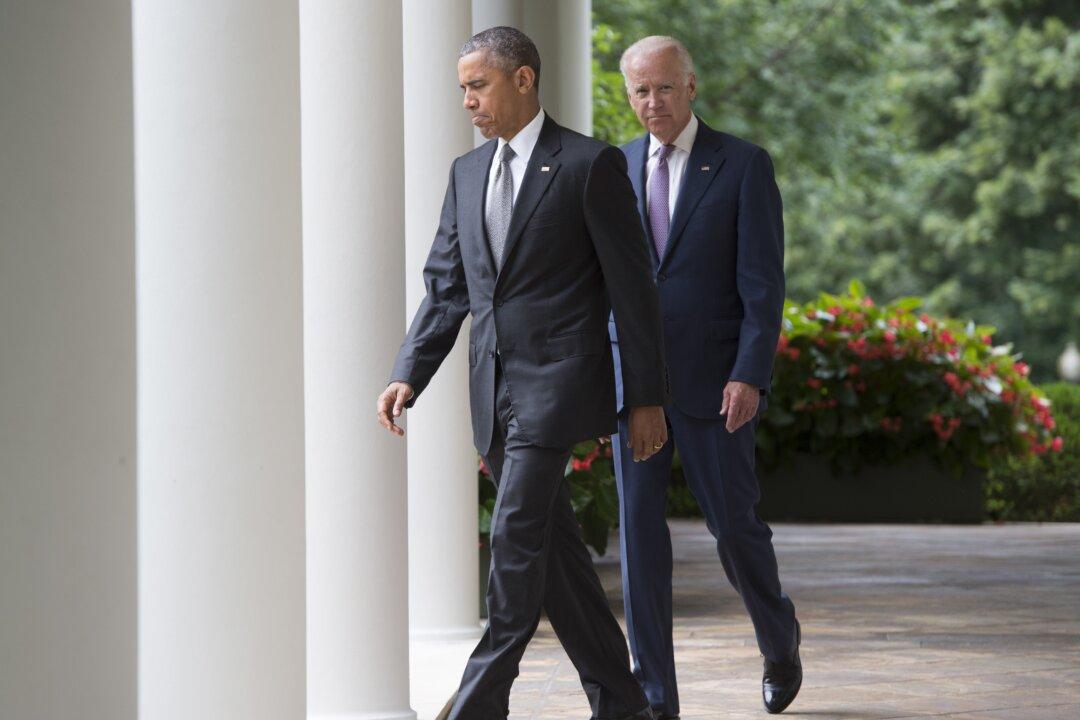Health care experts are criticizing an Obamacare expansion quietly added to the latest CCP (Chinese Communist Party) virus stimulus bill, arguing that it mostly benefits richer households and insurance companies. They say most of the bill is going toward things other than ending the pandemic as soon as possible.
While the $1.9 trillion relief bill has been scrutinized over its funding a range of industries not directly related to the pandemic, such as five transit projects that collectively would cost more than $175 million, coverage on the expansion of Obamacare—also called the Affordable Care Act—has been scarce.





